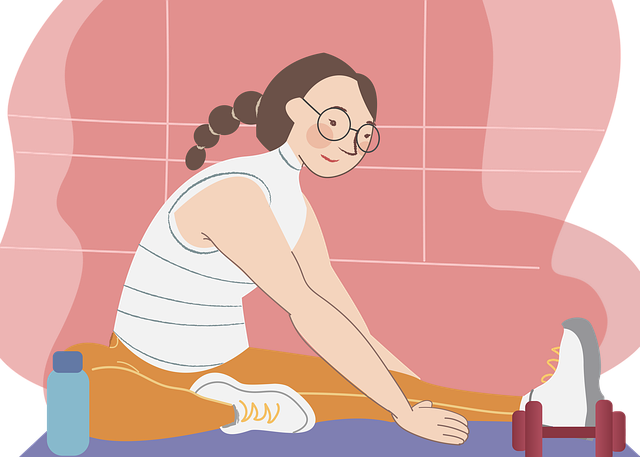Reconsidering Your Drinking Habits
Check the nutritional tags on the products in your basket next time you go groceries to determine which ones contain the most added sugars. The amount of extra sugars in some beverages may shock you.

Why Should You Worry About Sugary Drinks
People who consume sugary drinks on a regular basis are more likely to develop health issues such as weight gain, obesity, type 2 diabetes, cavities, heart disease, and gout, a type of arthritis.
According to the most recent guidelines [PDF-30.7MB], people 2 years and older should limit their added sugar intake to less than 10% of their total daily calories. For instance, in a 2,000 calories daily, no over than 200 calories must arrive from sweeteners. In foods and drinks, 200 calories equals about 12 teaspoons of added sugar. A 12-ounce regular soda contains more than 10 teaspoons of added sugar, amounting to approximately 150 calories.
A Word on Energy Drinks
Energy drinks are frequently marketed as products that boost energy. These products may contain a large amount of caffeine and other legal psychoactive drugs, in addition to added sugar. Concerns have been raised about the potential dangers of such products, especially for children.
Alternative Lists for Sugar Added
Sugars added during food processing (such as dextrose or sucrose), meals wrapped as sugar substitutes (such as regular sugar), sugars from honey and syrups, and sugars from concentrated fruit or vegetable juices are all examples of added sugars, according to the Food and Drug Administration. Natural sugars found in milk, fruits, and vegetables really aren’t classified added sugars.




